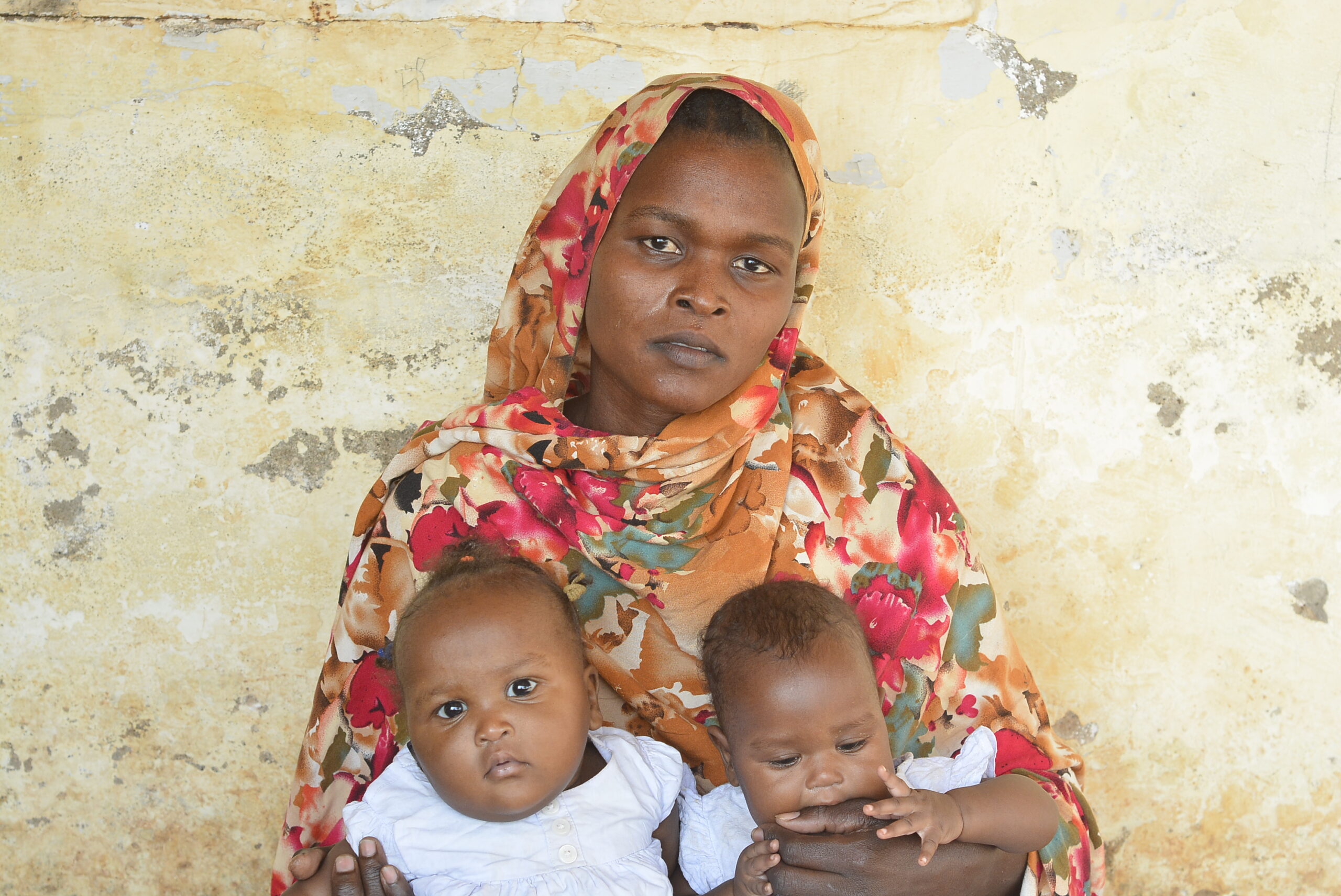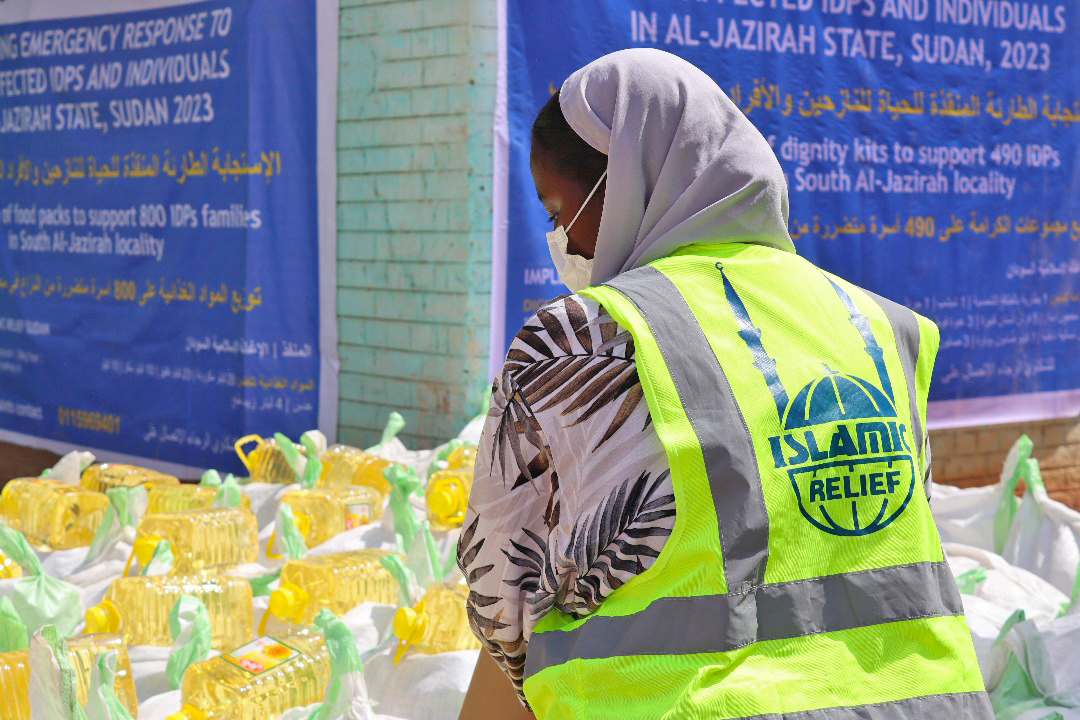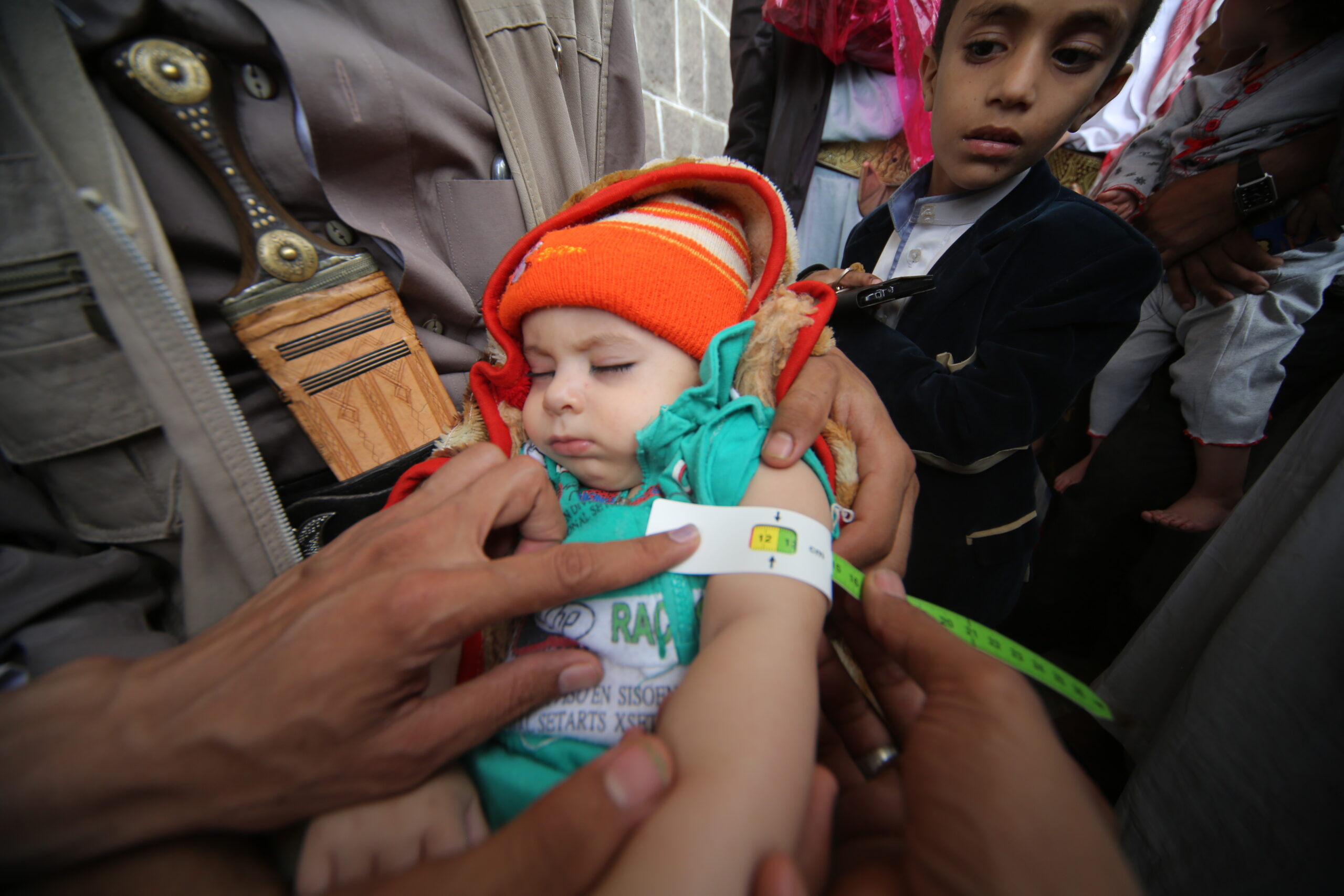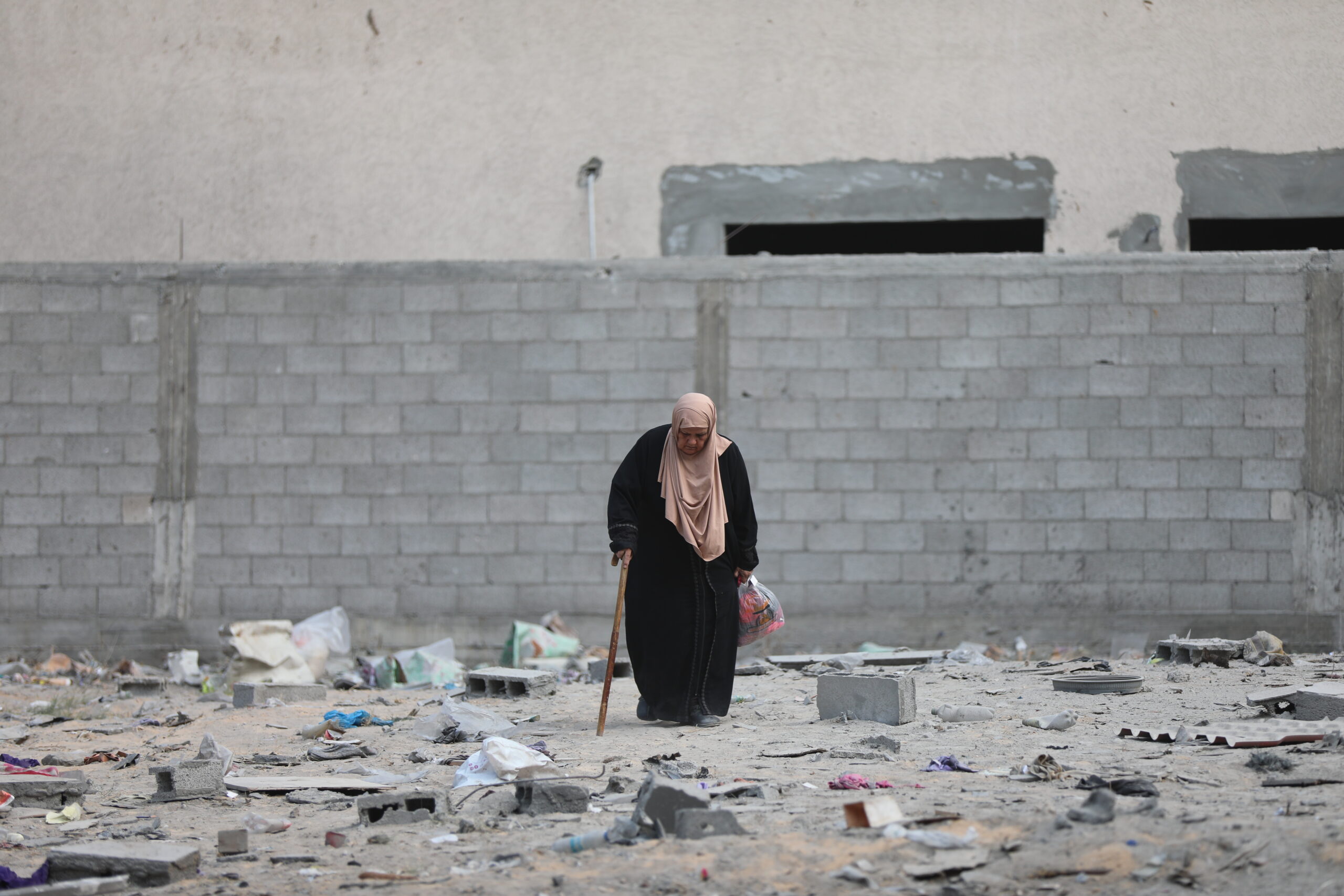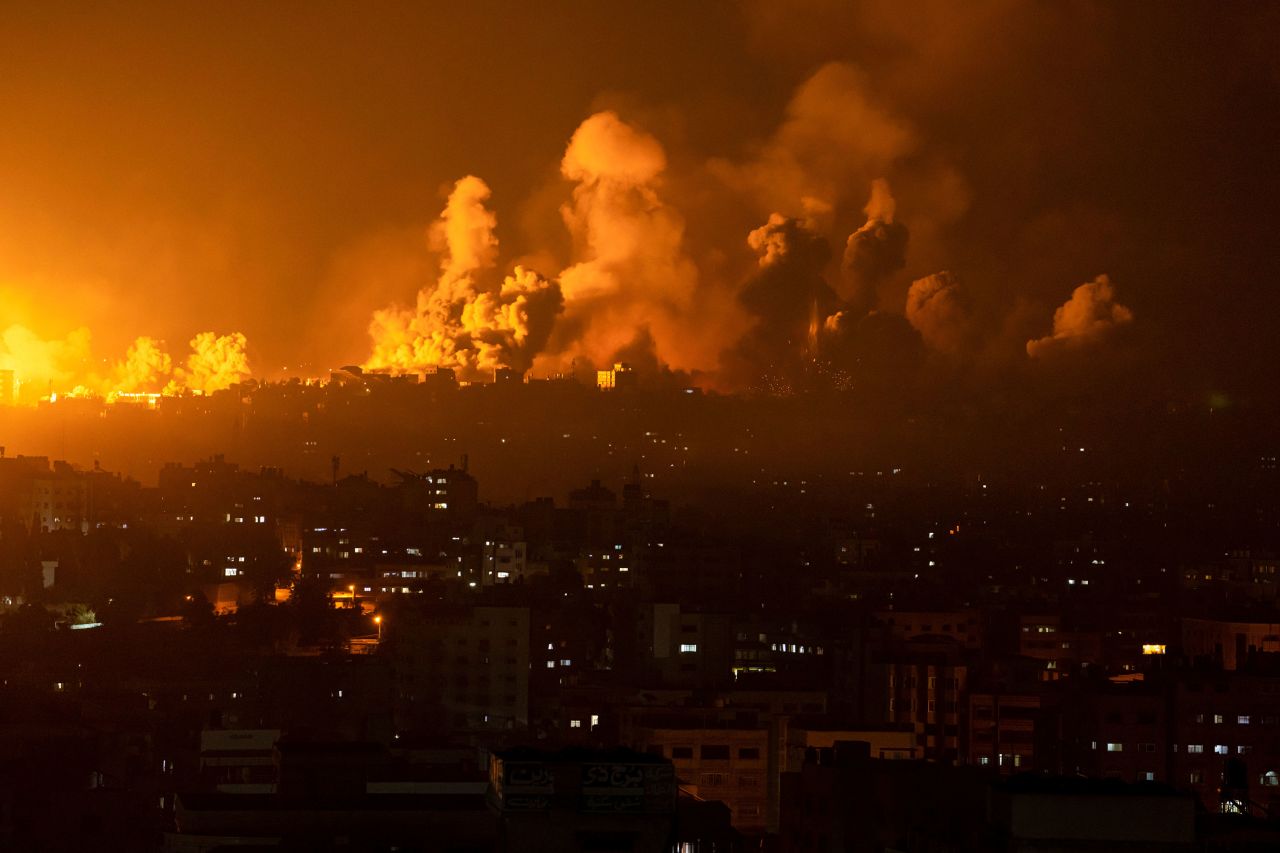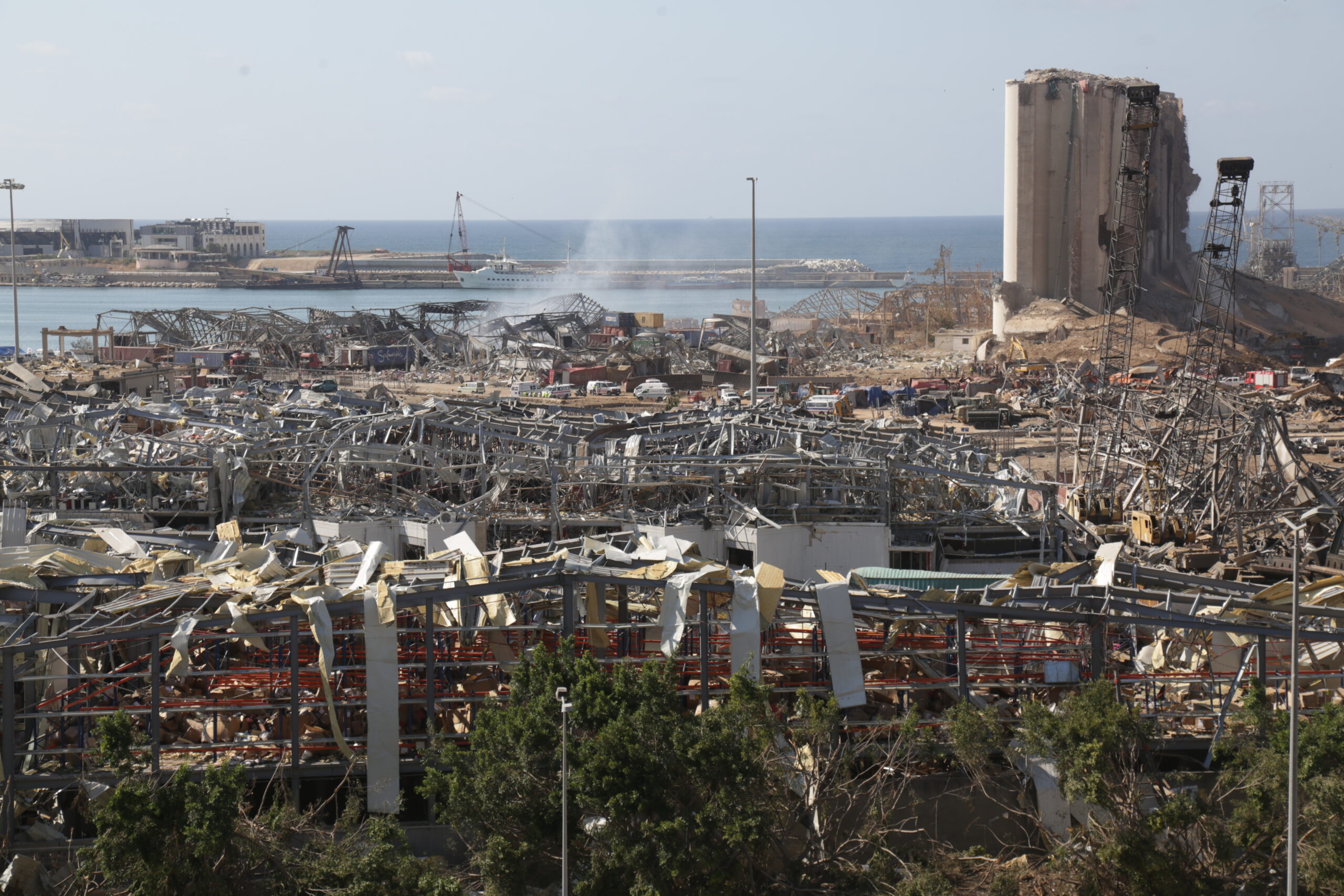
08.09.23
Beirut Blast: Lebanon Remains Gripped by Crisis 3 Years After Port Explosion
Three years have passed since the devastating Beirut explosion, a tragedy that left a deeper scar on the already struggling population of Lebanon.
As the nation continues to grapple with the aftermath of the Beirut Blast and the ongoing economic crisis, we reflect on this disaster and work towards supporting the people of Lebanon in their recovery and helping bring back hope into their lives.
Looking back on the tragedy
4 August 2020 was a normal day in Lebanon, until it wasn’t. Around 6pm, as many in Beirut returned home from work and began preparing evening meals, a plume of smoke rose up from the city’s port.
White flashes – later identified as fireworks – could be seen going off near the base of the plume, but onlookers had hardly any time to try and figure out what was happening.
Less than 40 seconds after the plume appeared, a massive explosion ripped through the city, levelling buildings, overturning cars and smashing windows.
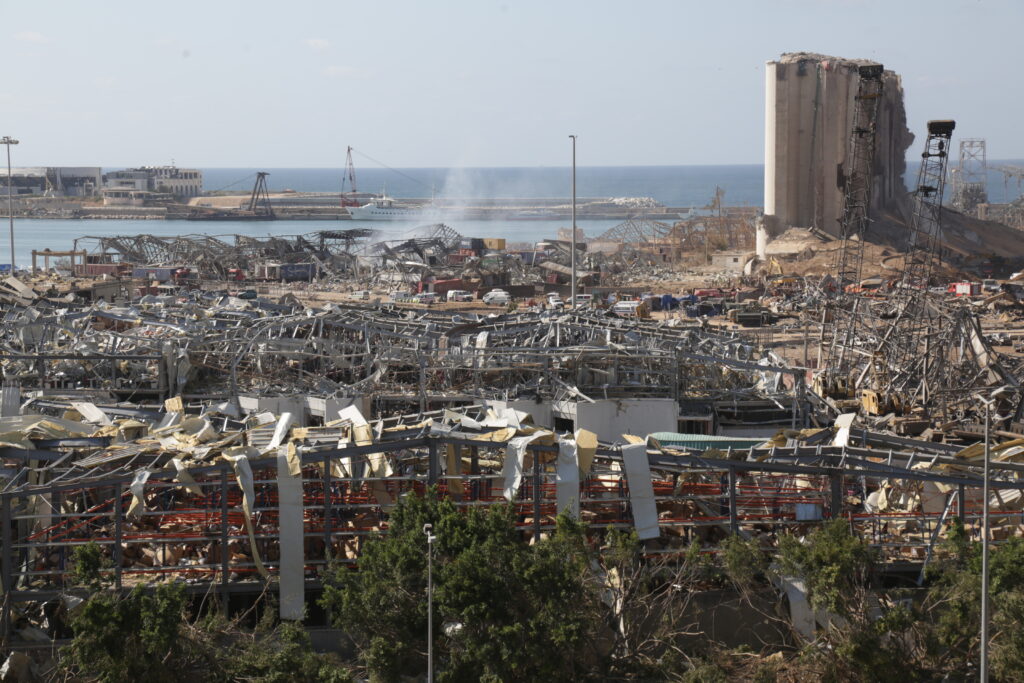
The blast was so huge it was felt in neighbouring countries and heard as far away as Cyprus. News outlets beamed eyewitness footage of the explosion into the homes of shocked viewers around the world.
It was immediately obvious that the scale of the damage would be as enormous as the blast itself.
Crisis on top of crises
At least 218 people were killed and around 7,000 were injured. Damage to properties was estimated to be as high as $15 billion.
As people worldwide were being urged to stay indoors to limit the spread of coronavirus, some 300,000 in Beirut suddenly found themselves homeless.
Addressing damage on this scale would be an immense challenge for any small country, but the blast came as Lebanon was already grappling with near-total economic collapse and long-standing political instability. The latter was only set to worsen in the weeks that followed.
No end in sight to the devastation
It’s been 3 years since the explosion on 4 August 2020, which we now know was caused by the improper storage of highly flammable materials.
While the pandemic has ended, Lebanon’s other crises have maintained their tight grip on the country, reversing some development gains and further straining services already stretched beyond their limits.
Since the explosion, a fuel crisis in the summer of 2021, a cholera outbreak and economic fallout from the war in Ukraine have added to the woes of the Lebanese people – as well as the more than 1 million refugees based in the country.
The currency has lost more than 95 per cent of its value since 2019, and food prices shot up by more than 480 per cent between January 2021 and 2022. The cost of electricity, water and gas have similarly skyrocketed.
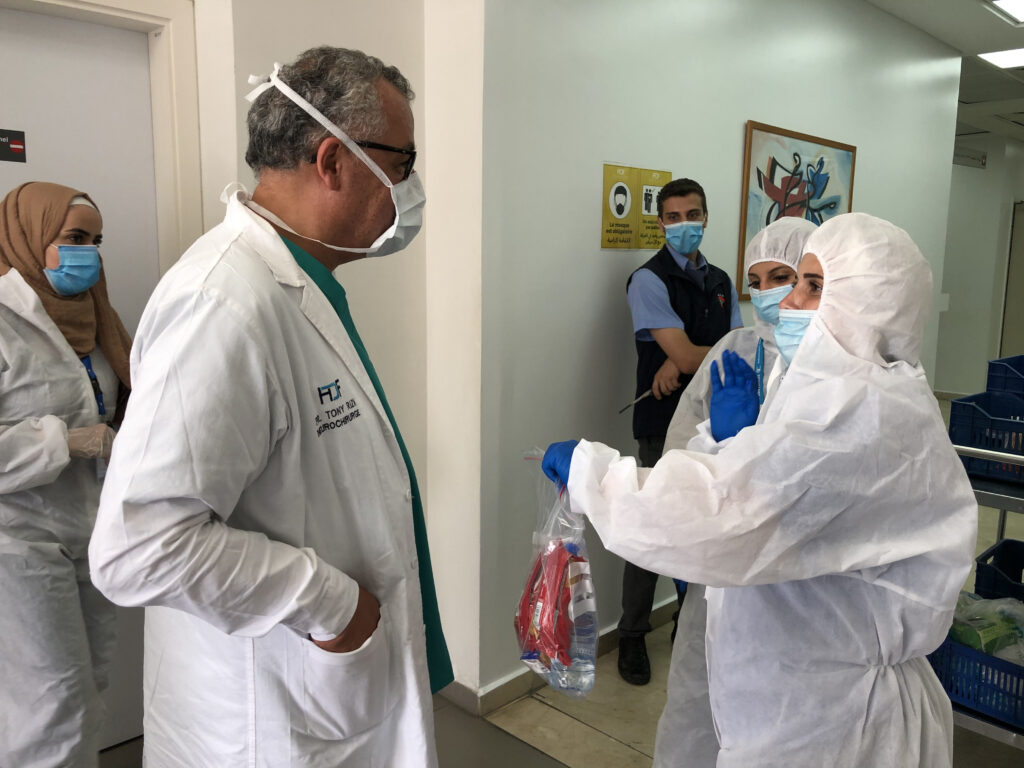
Amid these high costs, schools, hospitals and other essential services have been left struggling to operate or forced to close entirely.
The United Nations estimates that 3.1 million people – in a nation of 5.5 million – will likely require food assistance in 2023.
Our unwavering support in Lebanon
Islamic Relief has been supporting Lebanese nationals and refugees in the country since 2006, and we continue to stand with those in desperate need of assistance.
In the immediate aftermath of the blast, provided shelter, food and water to those affected. We also assisted with clearing the streets of wreckage, which directly benefitted more than 10,000 people.
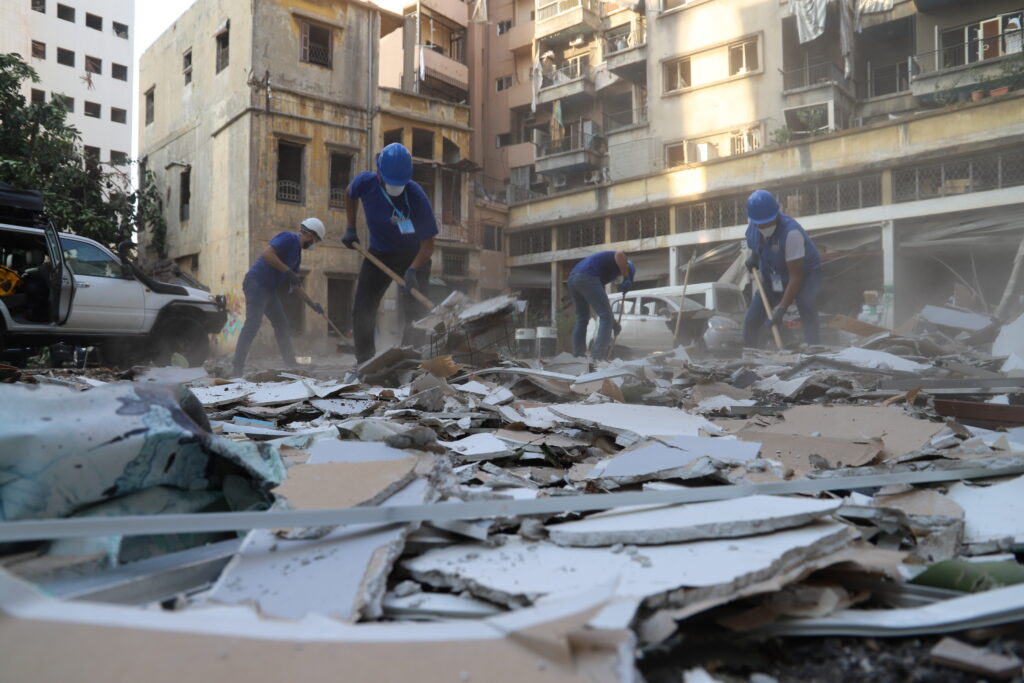
We supplied 12 health facilities with fuel, medication, supplies and equipment so that they could continue to treat the injured.
Recognising the increased vulnerability of at-risk individuals, we also trained 20 religious and ethnic leaders on the risks of gender-based violence and the importance of child protection.
As time went by, we adapted our response and began repairing and restoring damaged houses, allowing families to return home. Our emergency response following the blast helped ease the burden of more than 100,000 affected people.
Help return hope to the lives of people in Lebanon
In the 3 years since the explosion, Islamic Relief has provided support to more than 500,000 vulnerable people in Lebanon.
And our work continues. We are currently supporting the repair of water networks and clean energy solutions including solar-powered systems, as well as continuing to supply healthcare facilities with essential materials.
Our seasonal Ramadan and Qurbani programmes ease the burden on families at these special times of the year, while the blankets, food and fuel we provide during winter are a lifeline to refugees and others in the cold months.
Lebanon’s perceived status as a rich country in a region plagued by crises, as well as the complex nature of its prolonged economic and political turmoil, can mean the humanitarian situation is often overlooked.
But people in Lebanon desperately require sustained and significant support to make ends meet.
By giving with Islamic Relief, your kindness could continue providing a lifeline for those in need in Lebanon and around the world.
Give hope to the people of Lebanon
Your compassion can save lives. With your support we are able to respond immediately to human suffering, in Lebanon and beyond.

